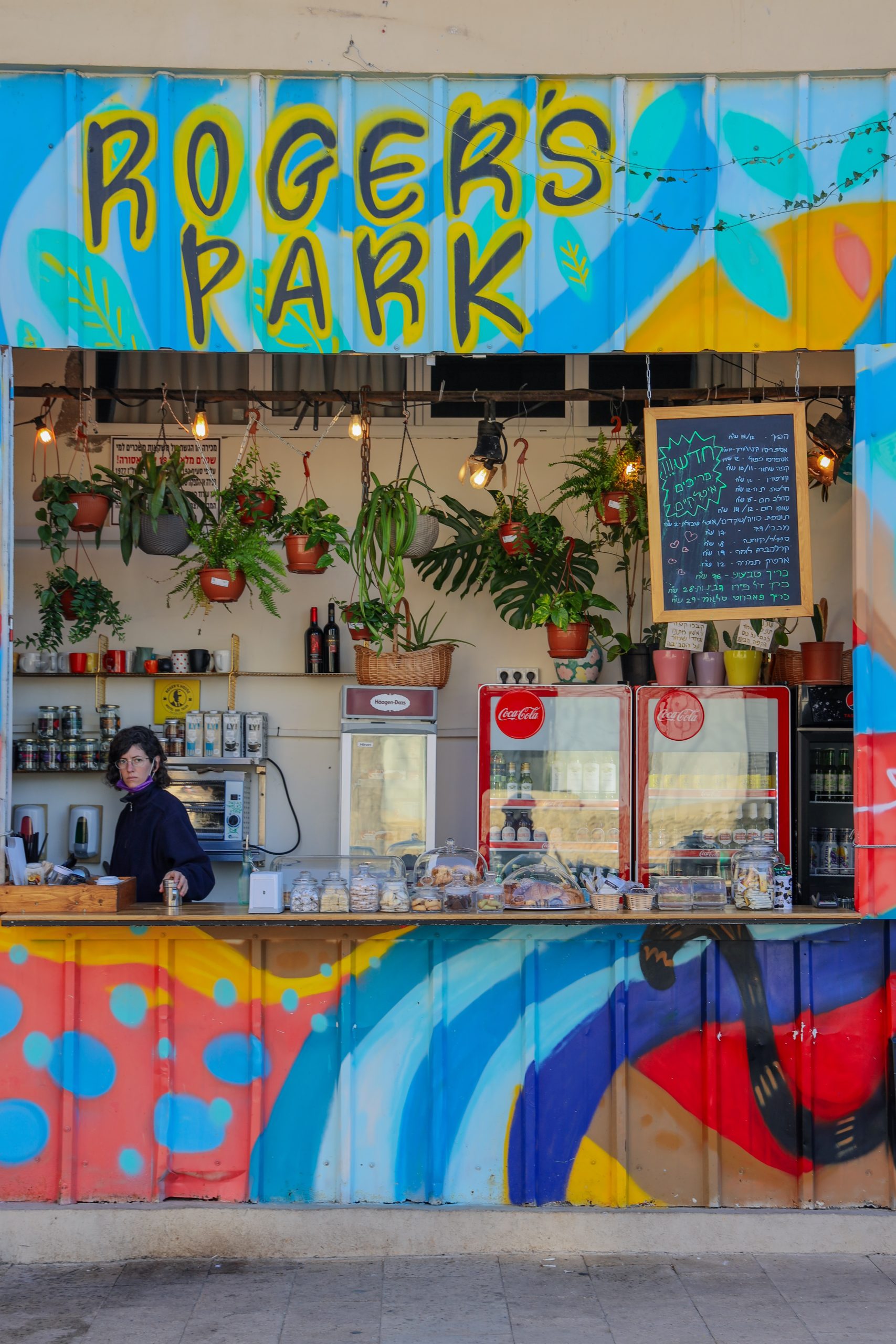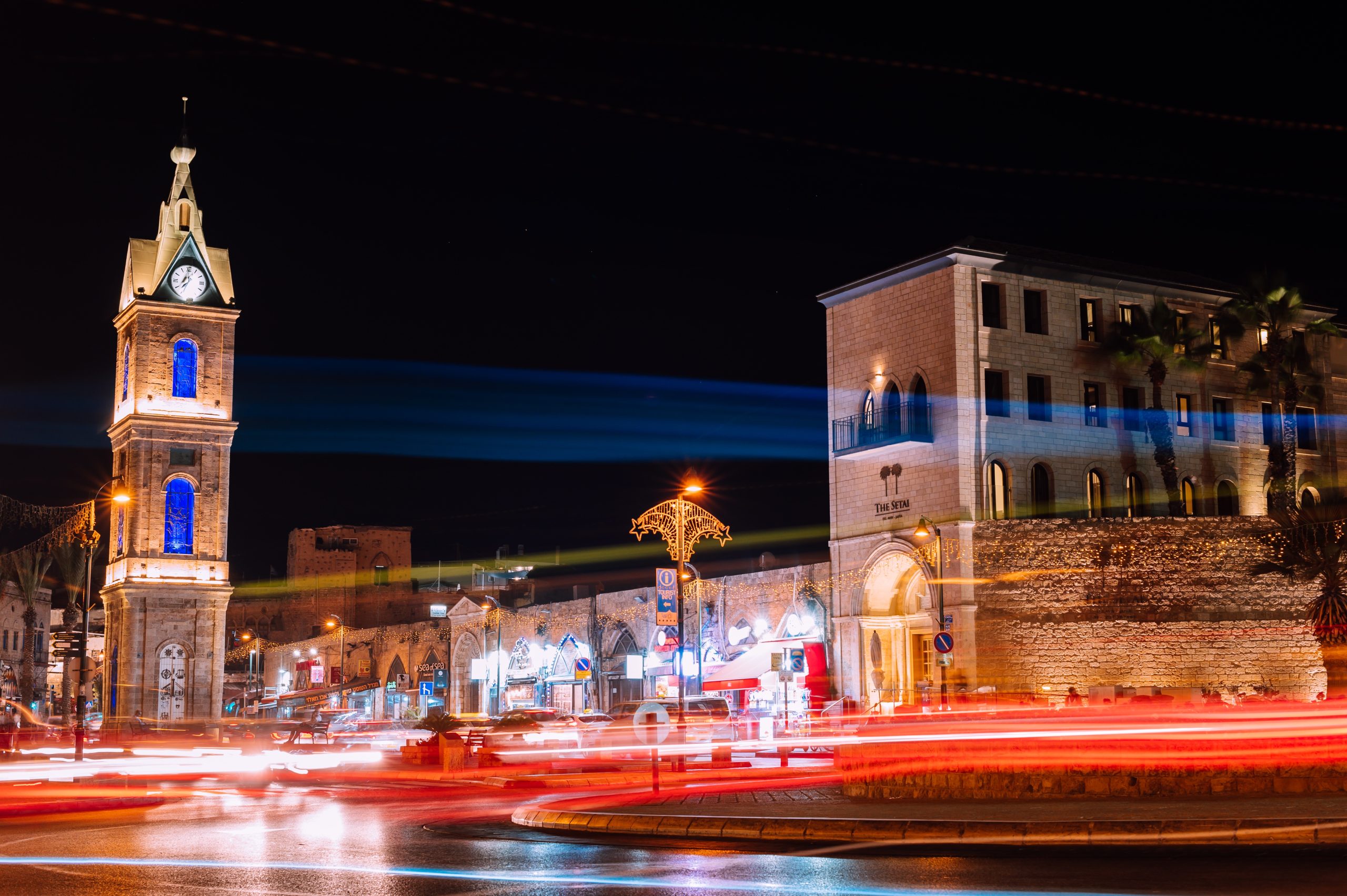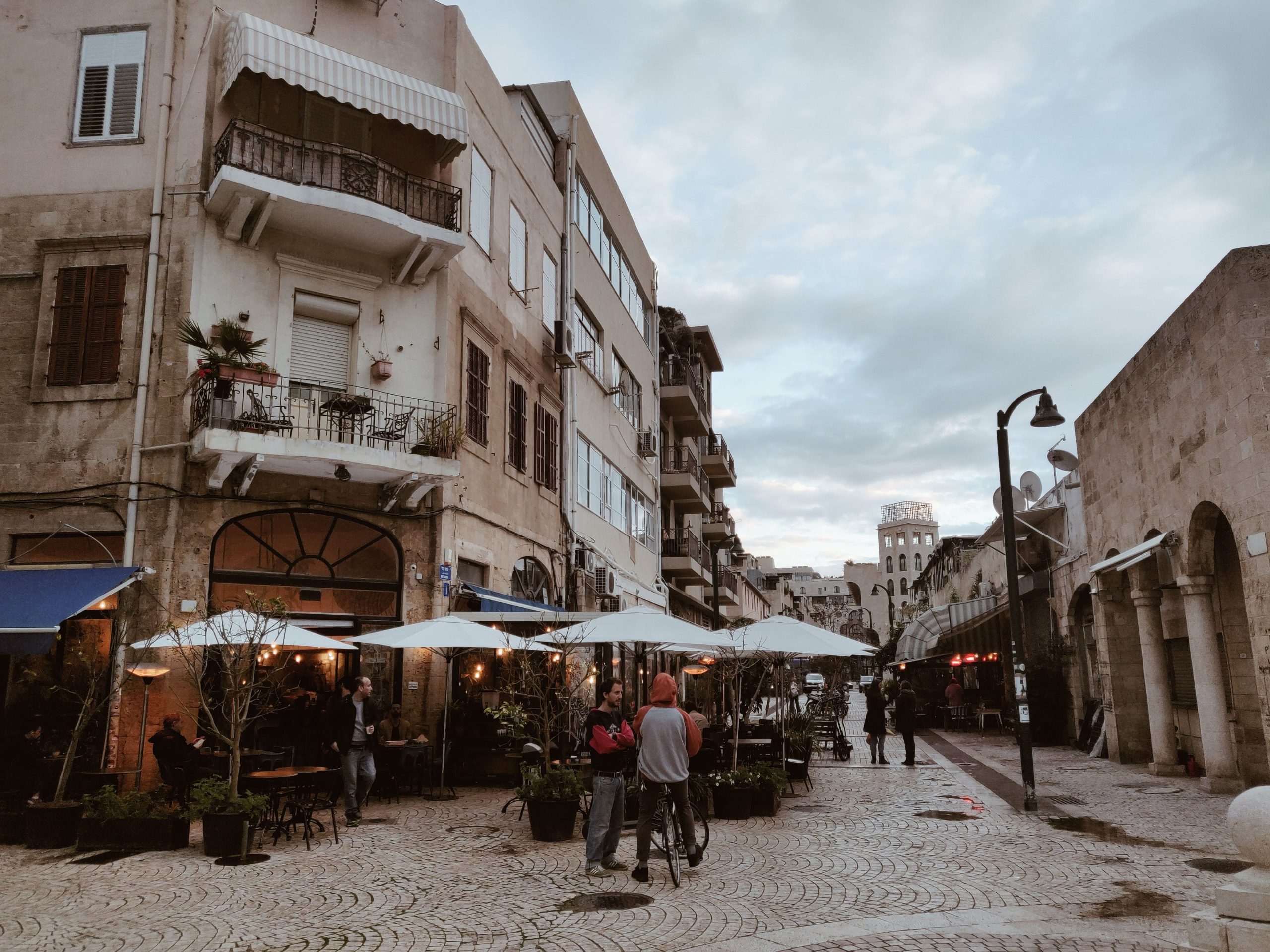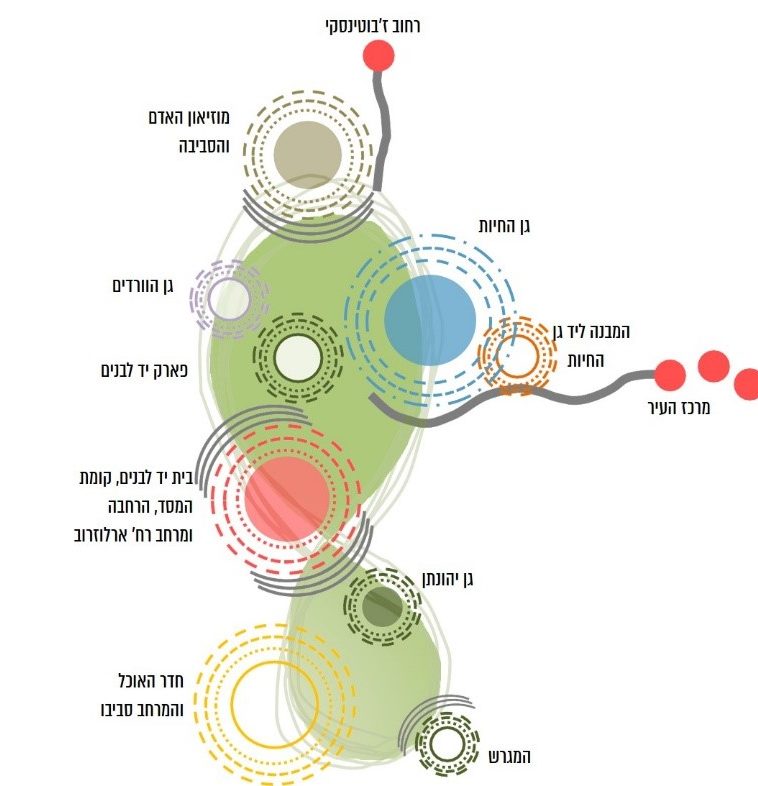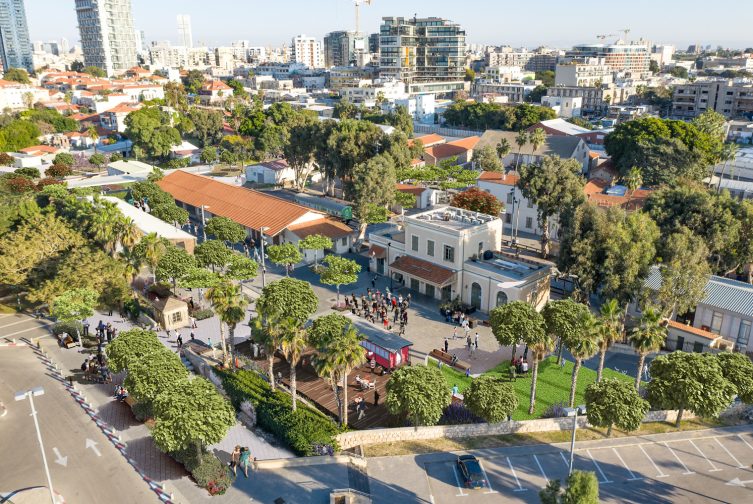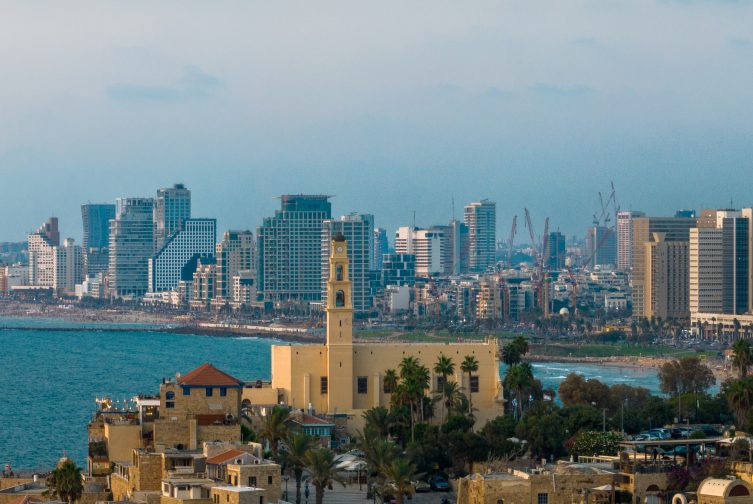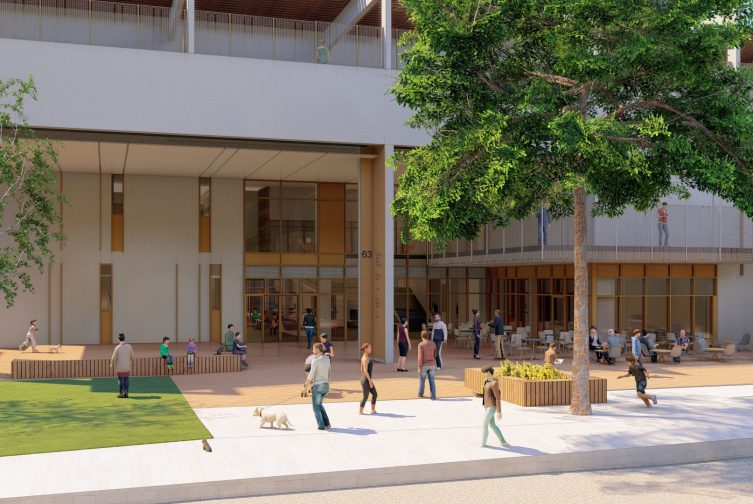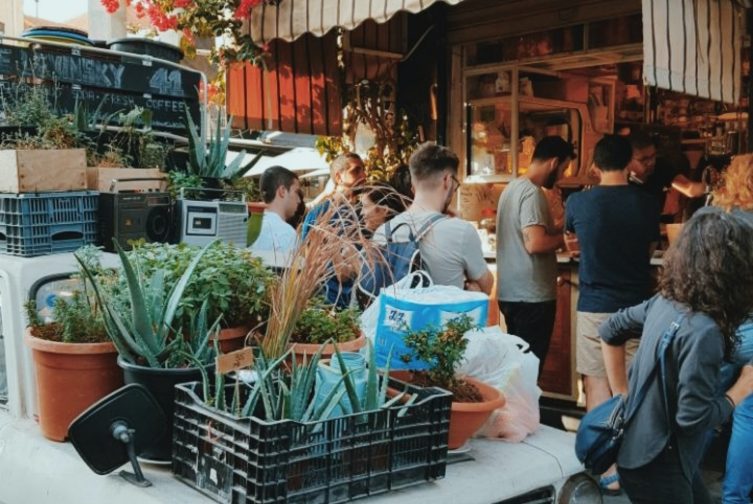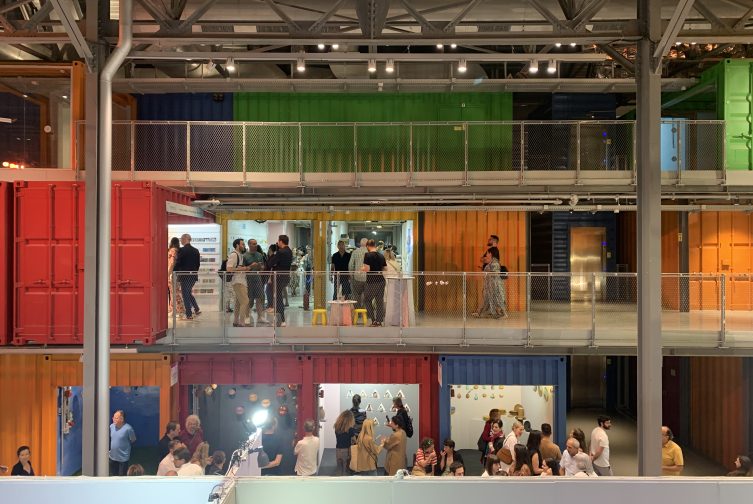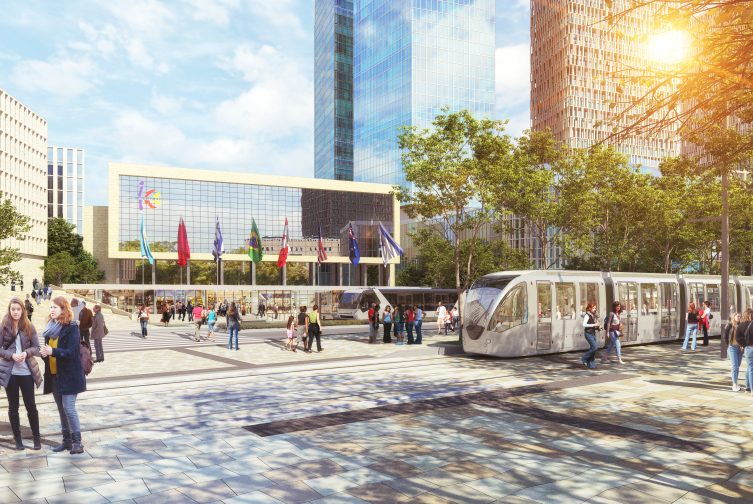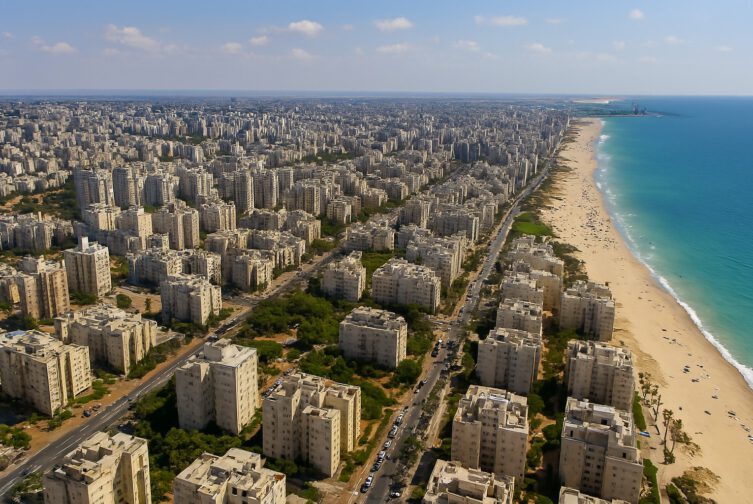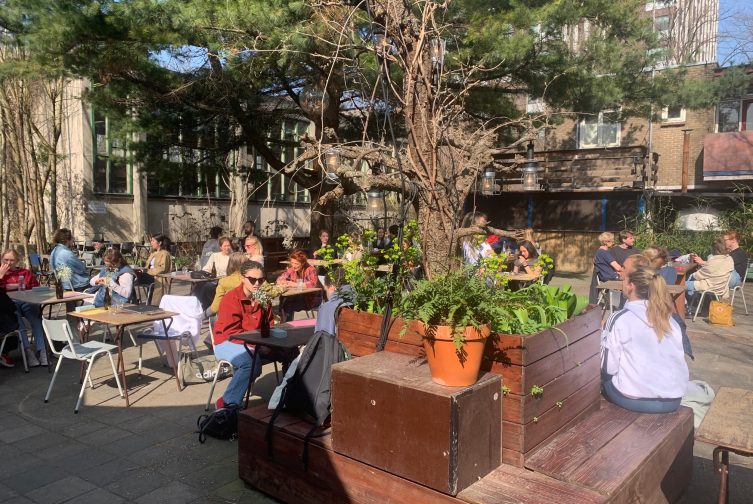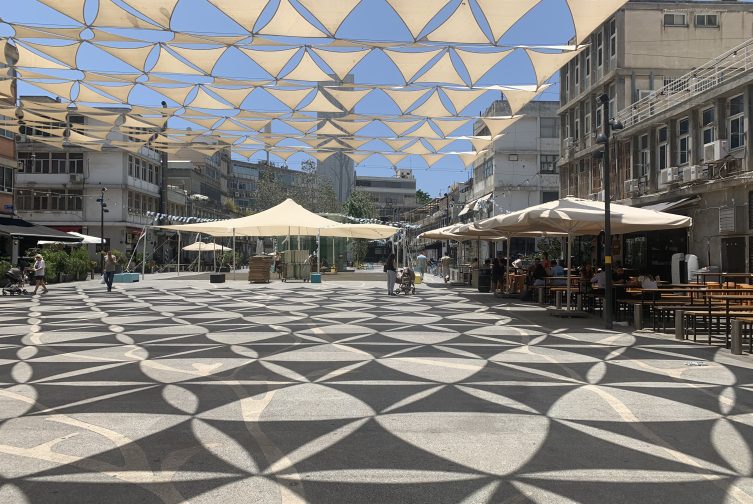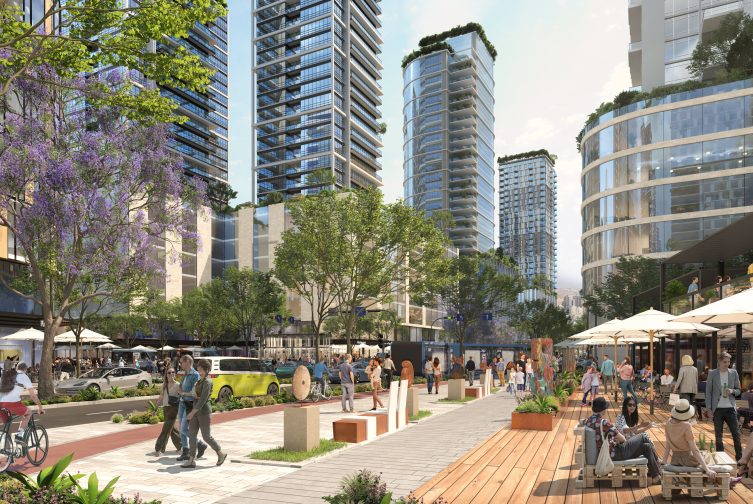The Future of Trade in Tel Aviv-Yafo
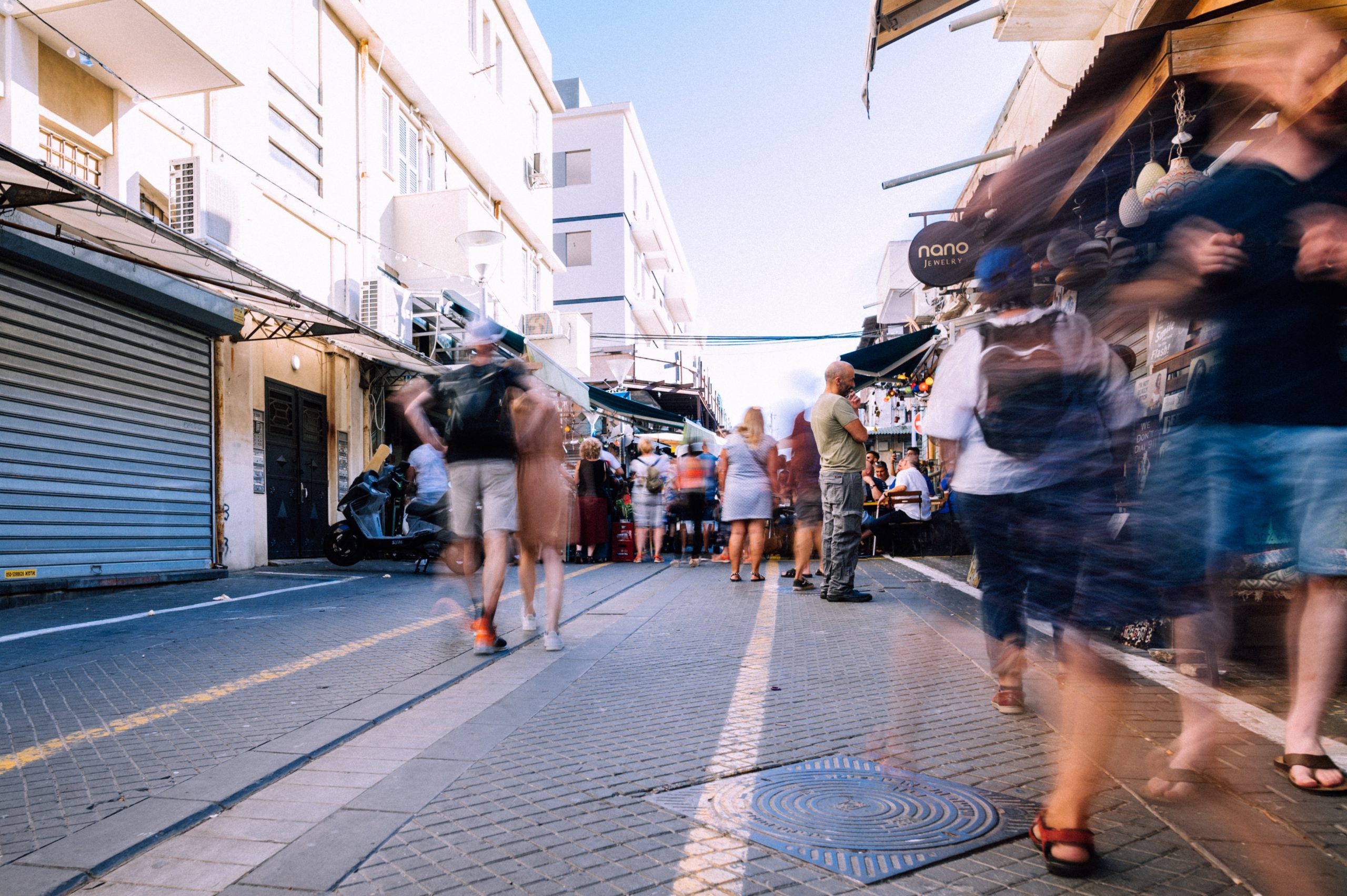
The Challenge
The world of commerce is undergoing far-reaching changes, both around the world and in Israel. The trends of digitization and e-commerce, and resolutions in transportation, urban and economic dynamics are disrupting traditional commerce as we have known it until today, thereby affecting many aspects of our personal and professional lives — the way we buy and sell, and the way we live.
Traditional commerce had always been characterized by personal engagement, geographic proximity, product availability, and a critical mass of people shopping in one space. Digitization redefines the connection between place and time, and enables purchasing from anywhere in the world, at any point in time, while changing and shattering familiar business models. The COVID-19 pandemic strengthened and expanded this trend even further and presented a powerful perspective into the changes in commercial life and consumer behavior. These changes create substantial challenges as time goes by, on a variety of levels of city life:
- Consumer commerce is no longer the main drive behind activities in the public space, which redefines the nature and mix of the commercial façade in the city.
- The new commerce influences — and is influenced by — the characteristics of urban traffic through existing and new traffic mechanisms. Challenges of congestion, shipping, unloading and loading, and new traffic and transportation channels create a changing commercial reality.
- There is a growing need for supply and delivery centers close to the “last kilometer,” which leads to urban phenomena such as functional facades, “ghost kitchens” (preparing delivery-only food) and operating areas that affect the experience in the urban space.
- The trade sectors, which currently provide many jobs, some of them low-wage, could be reduced by at least 33% by 2030 due to automation and digitization.
- On the one hand, digitization creates an advantage for large companies (price, speed, deployment, etc.), but on the other hand enables the democratization of small businesses, regardless of geography. Digitization weakens certain branches of commerce and strengthens others, and changes the perception of urban commerce.
These challenges have planning and regulatory implications for the city of Tel Aviv-Yafo, which we have expressed in the framework of our policy work on the future of commerce in Tel Aviv-Yafo.
Our Role
We engaged in the formulation of planning and regulatory policy that will — in harmony with the city’s strategic plan and master plan — enable the improvement and development of existing and future commercial areas in the city of Tel Aviv-Yafo, and enhance their contribution to the quality of the urban space.
The policy was written in order to serve as a guide for planners and policy makers regarding commerce in Tel Aviv-Jaffa, and allows flexibility and adaptation to changing situations that do leave room for judgment.
The program includes, among others, a comprehensive review of global and futuristic trends in the field of commerce, local trends in Israel and the city of Tel Aviv-Jaffa, an industry and economic analysis of commerce in the city, success stories and case studies of streets and commercial centers in Israel and around the world, a historical review of the development of commerce in Tel Aviv-Jaffa, an in-depth analysis of commercial centers in the city and classification of streets according to categories, and the creation of a digital and dynamic tool that reviews all commercial streets in the city according to comparative parameters.
The policy establishes a variety of detailed guidelines for commercial planning in a detailed plan, designs, as well as at the stage of building permits and business licensing.

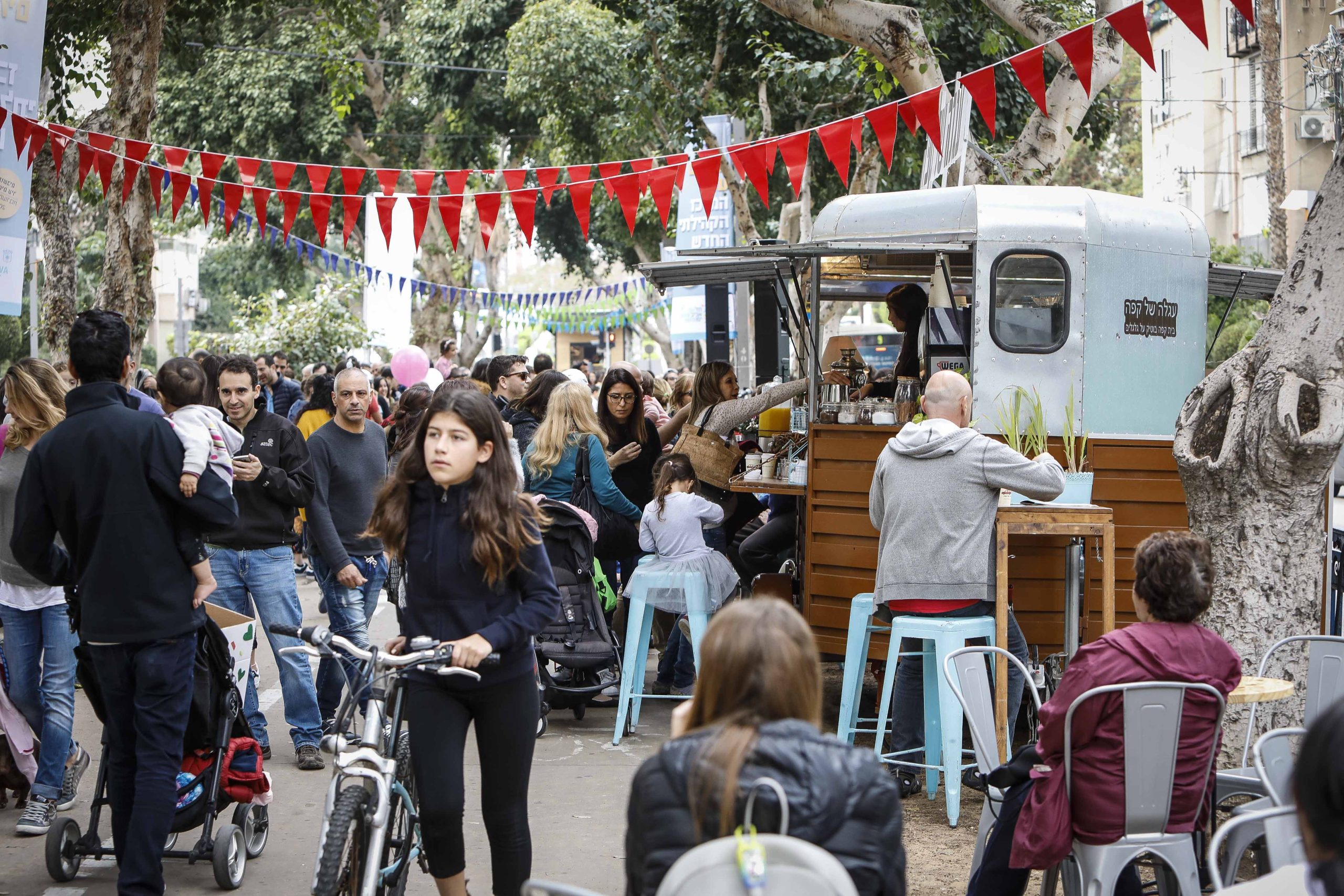

 int(166)
int(166)

